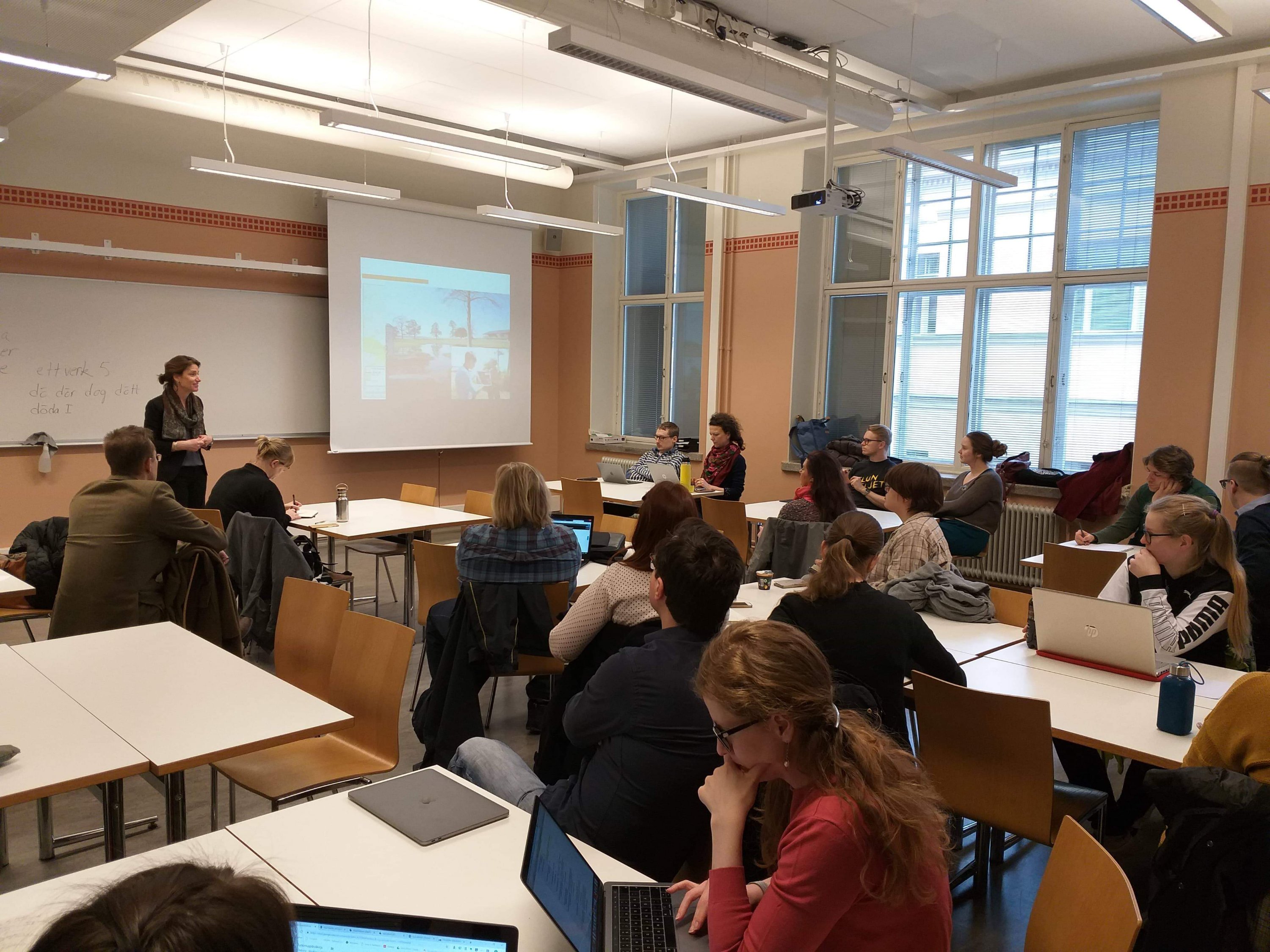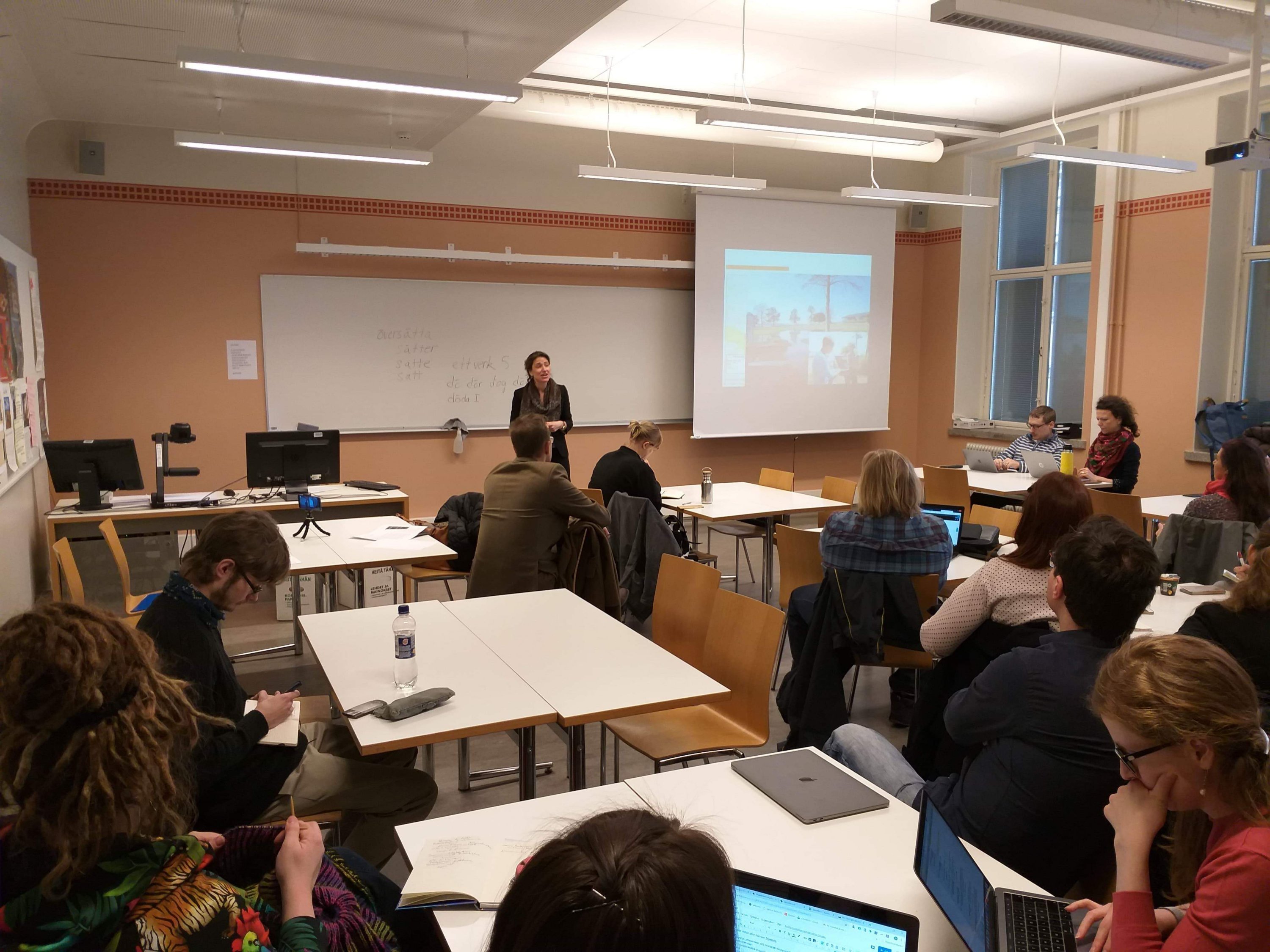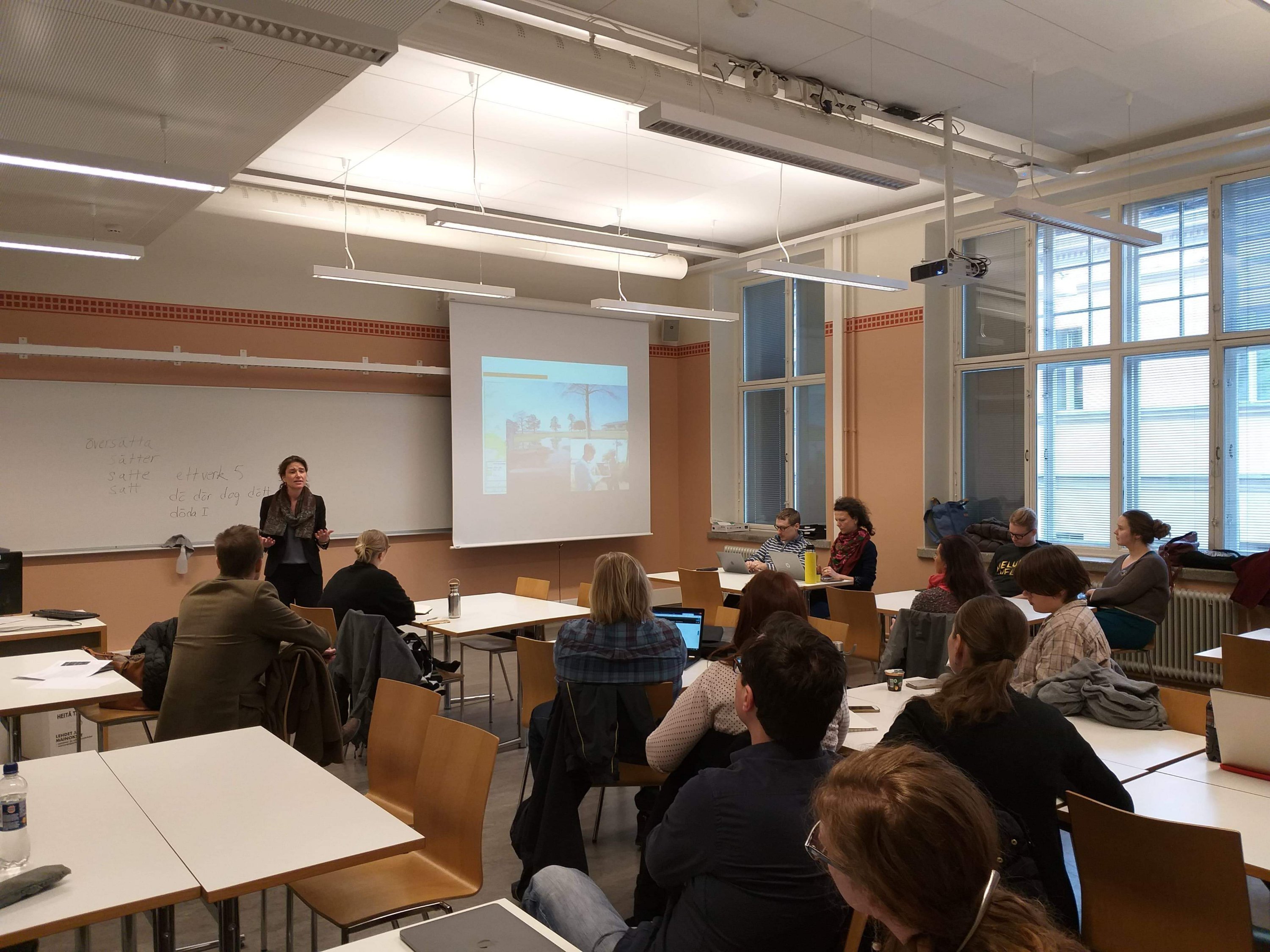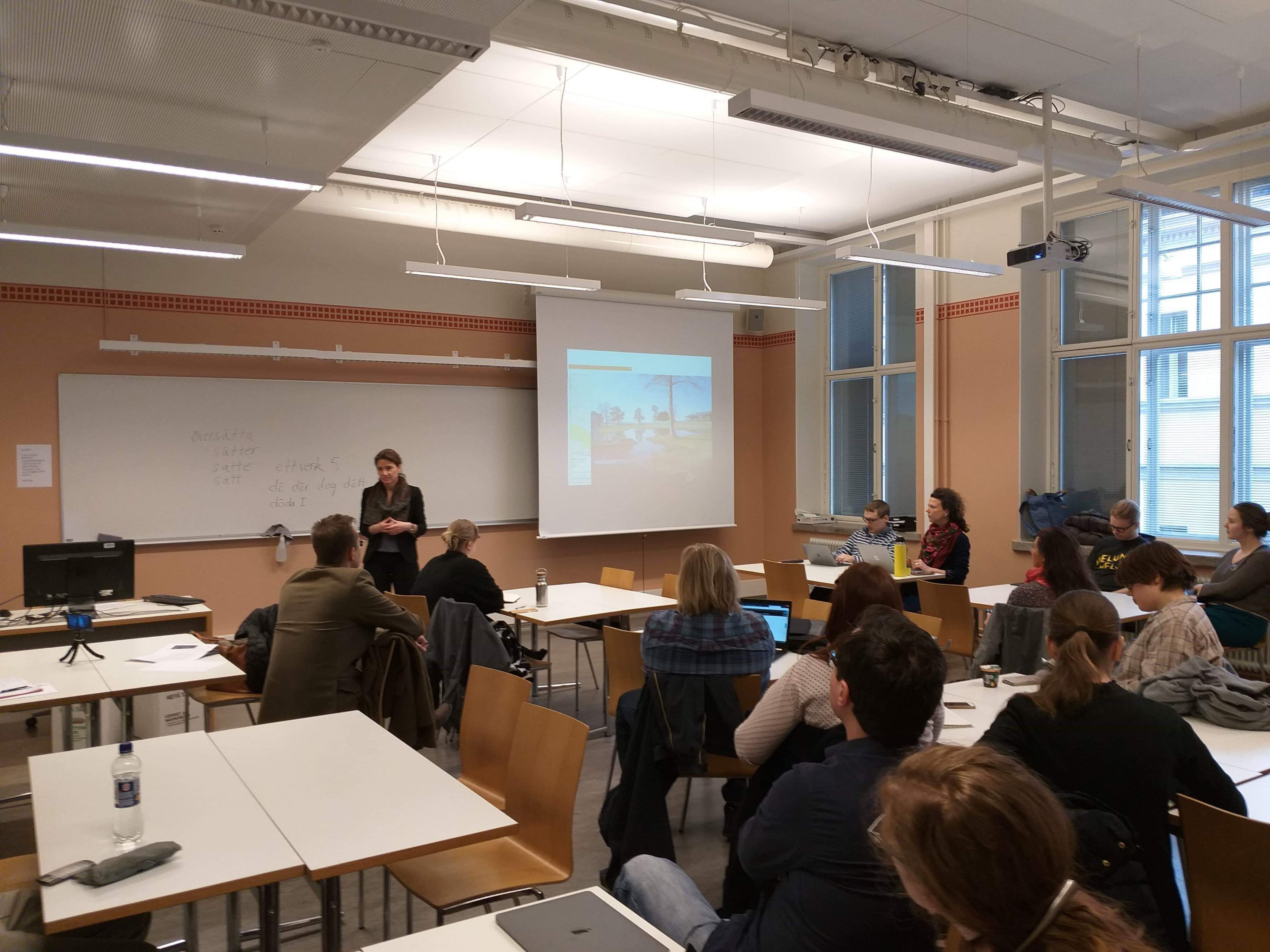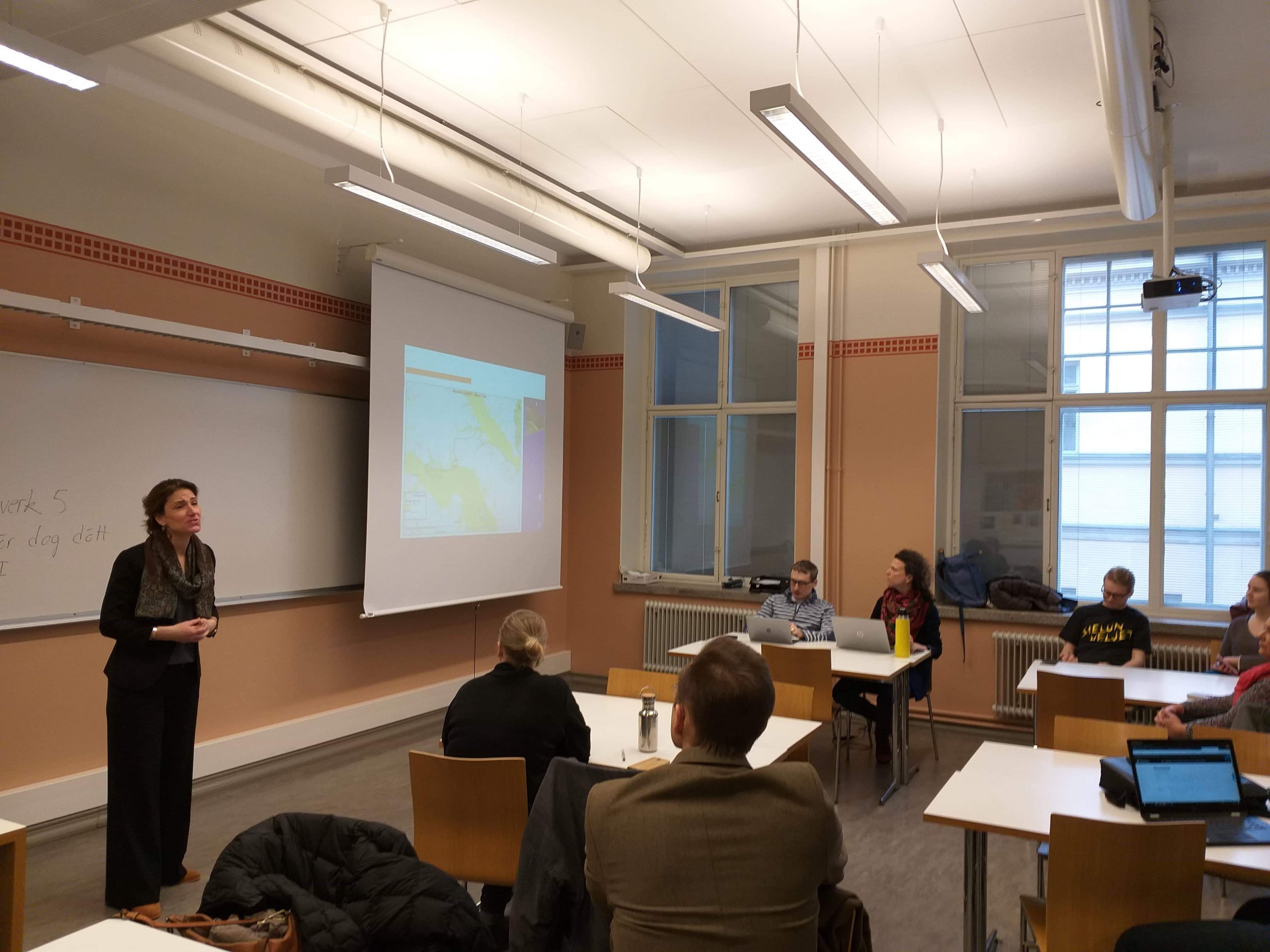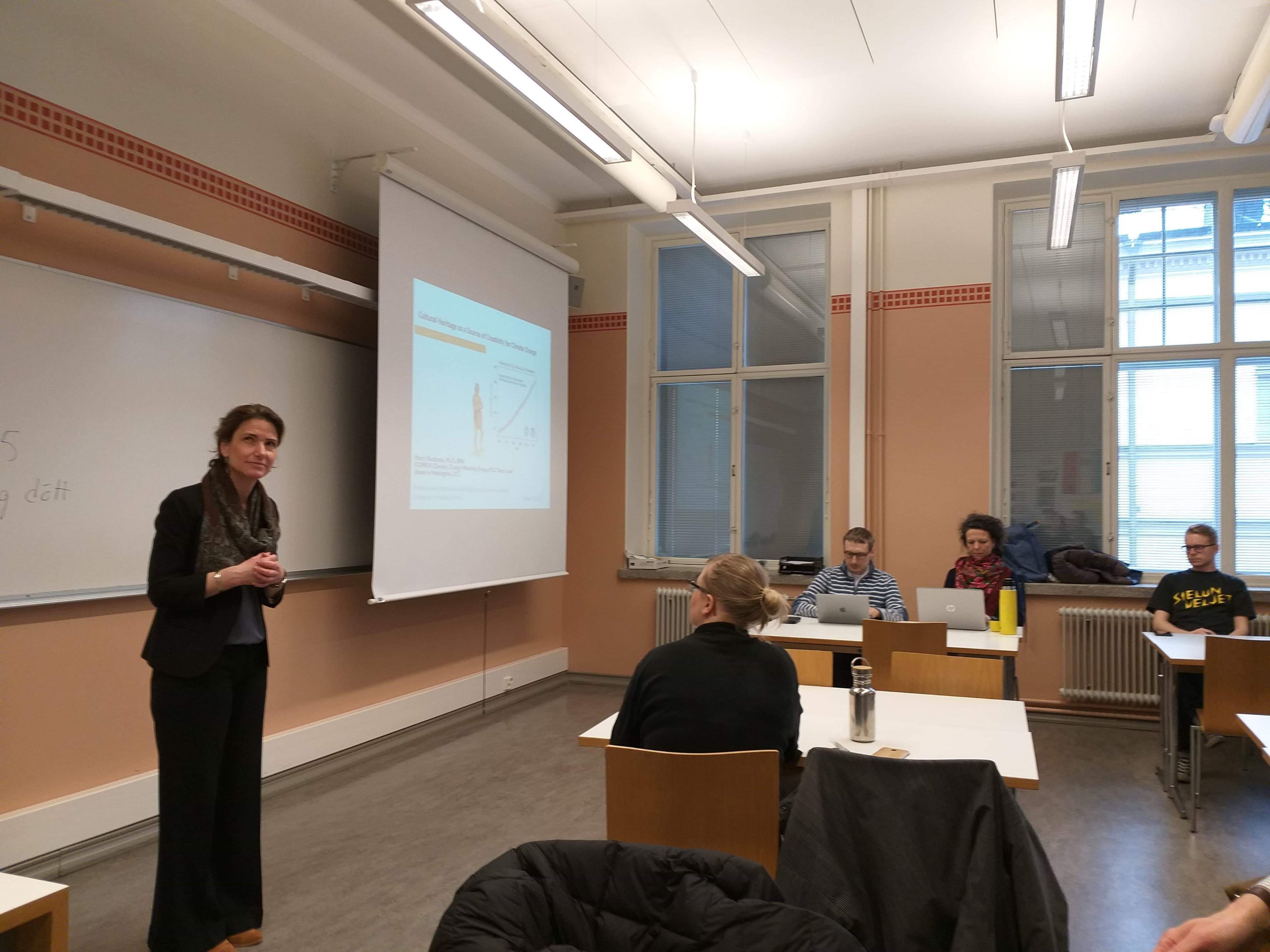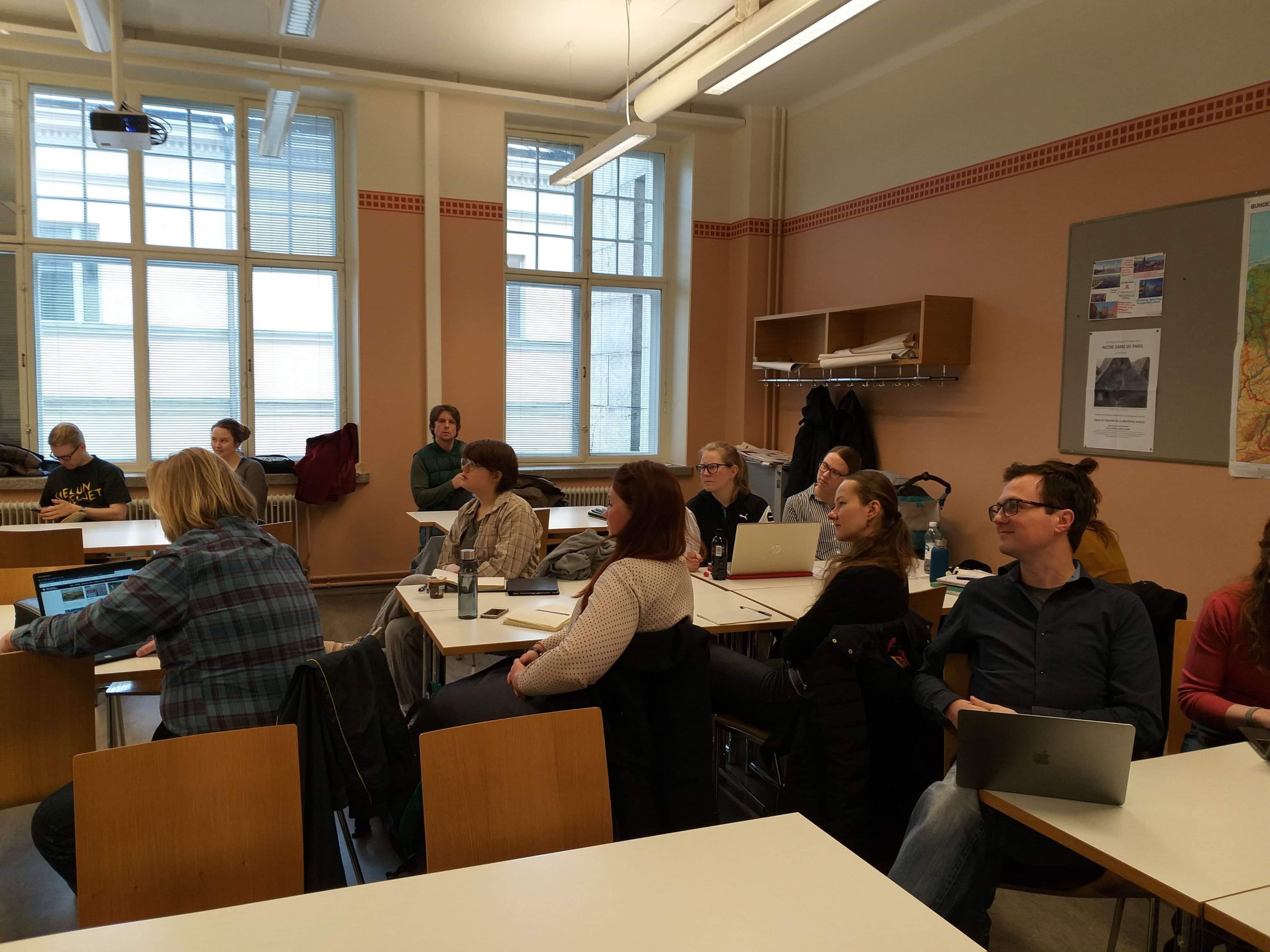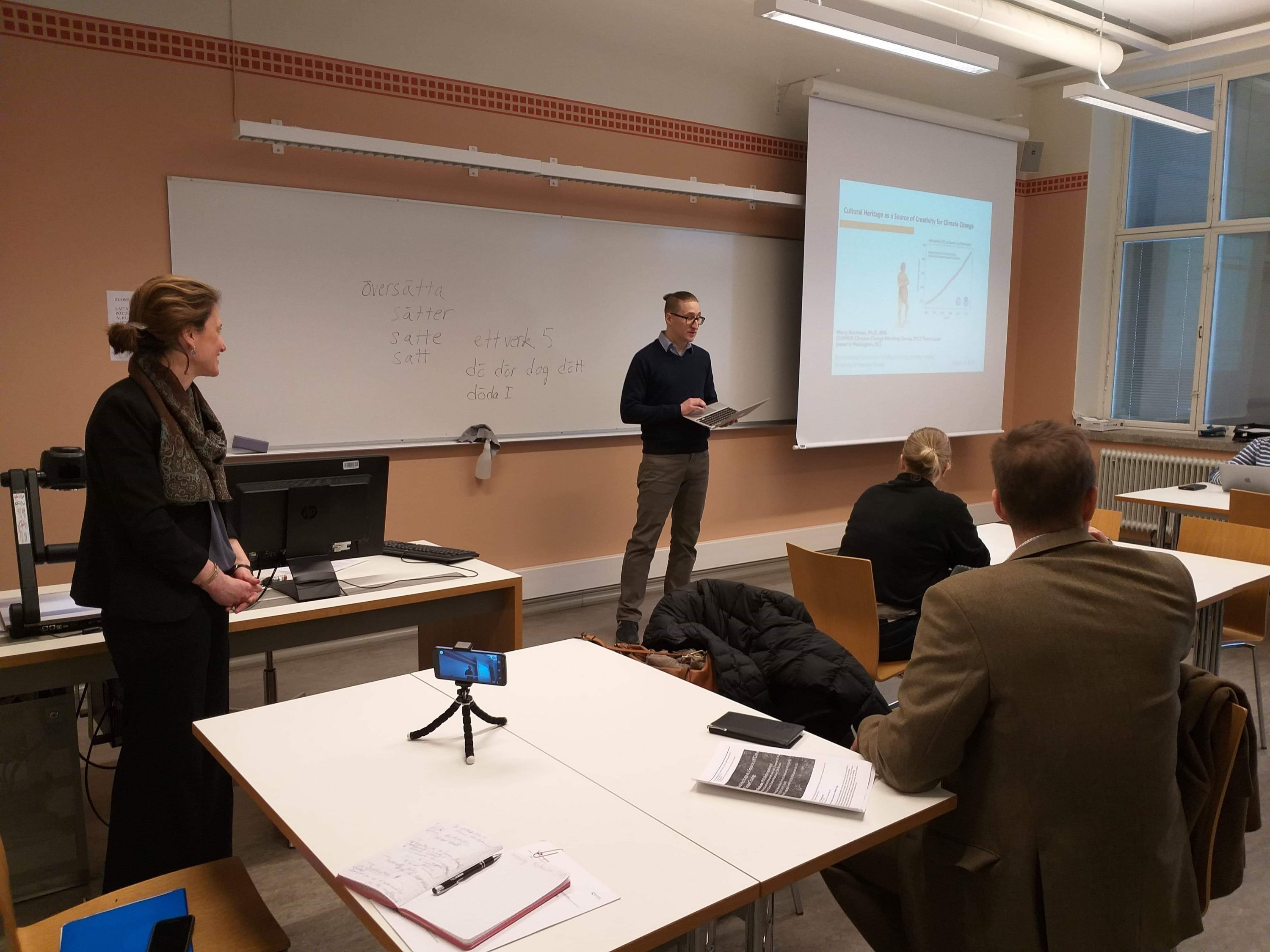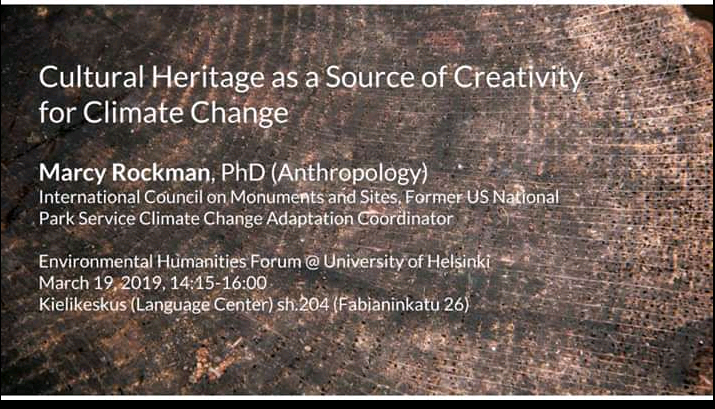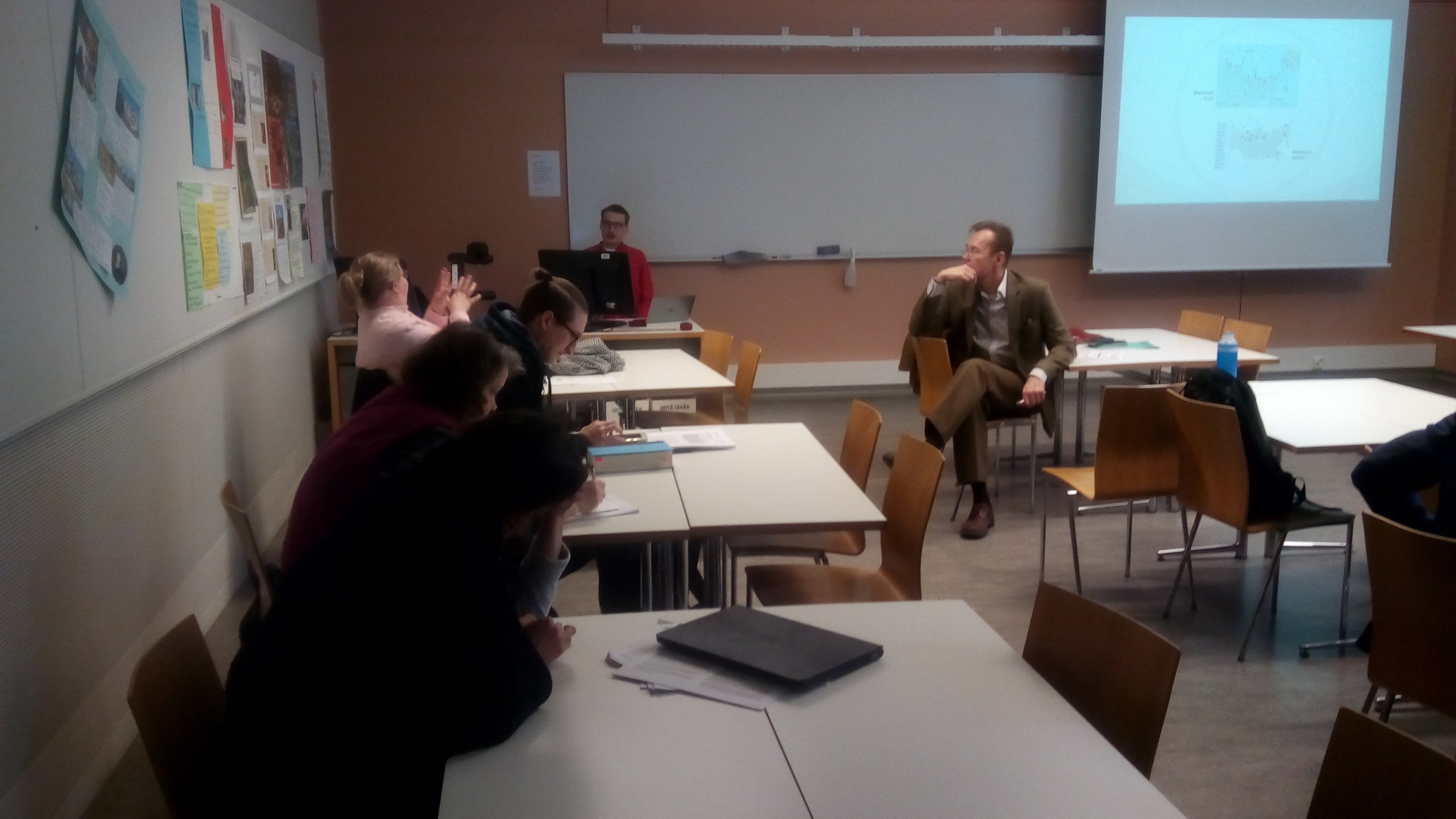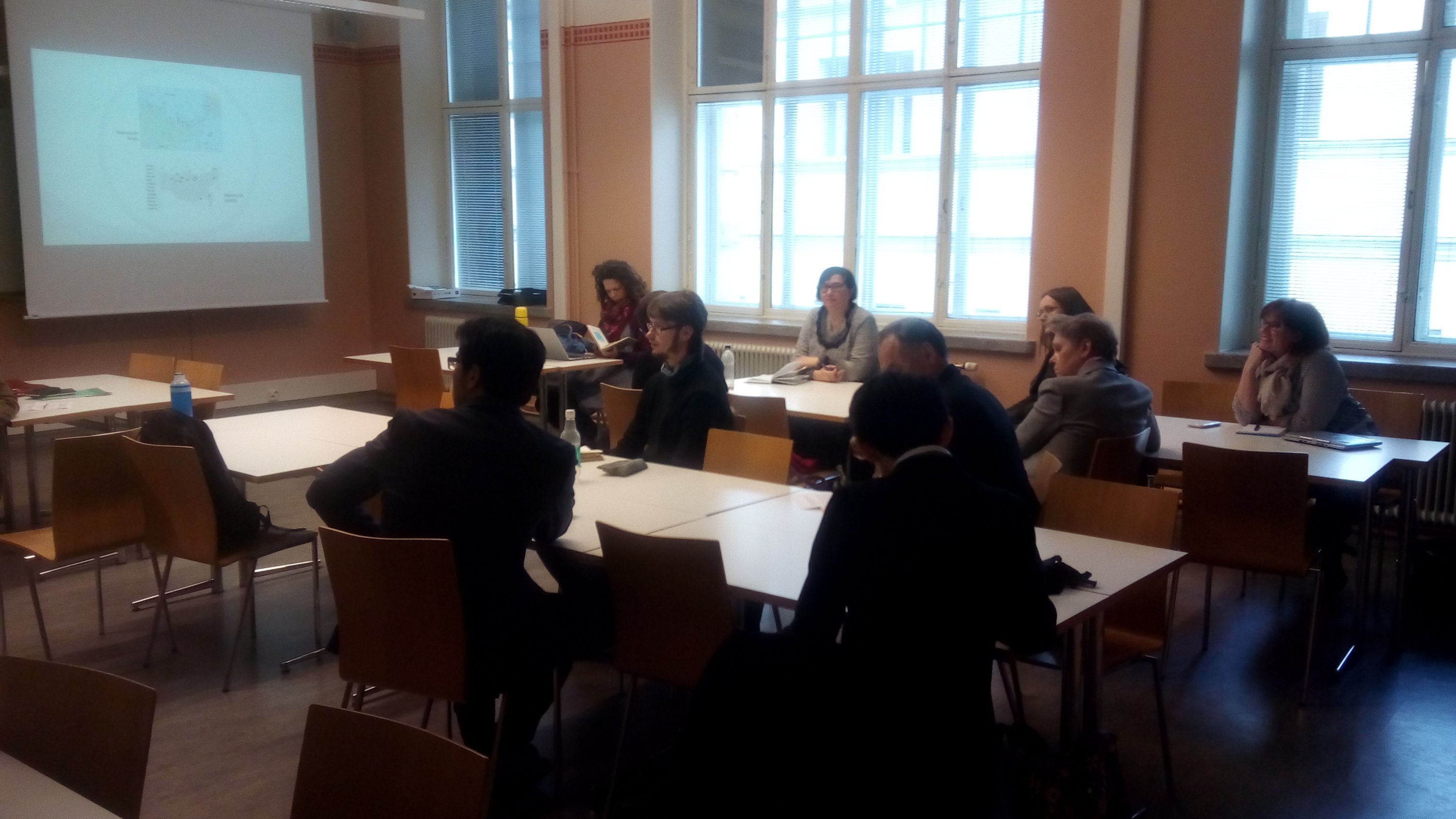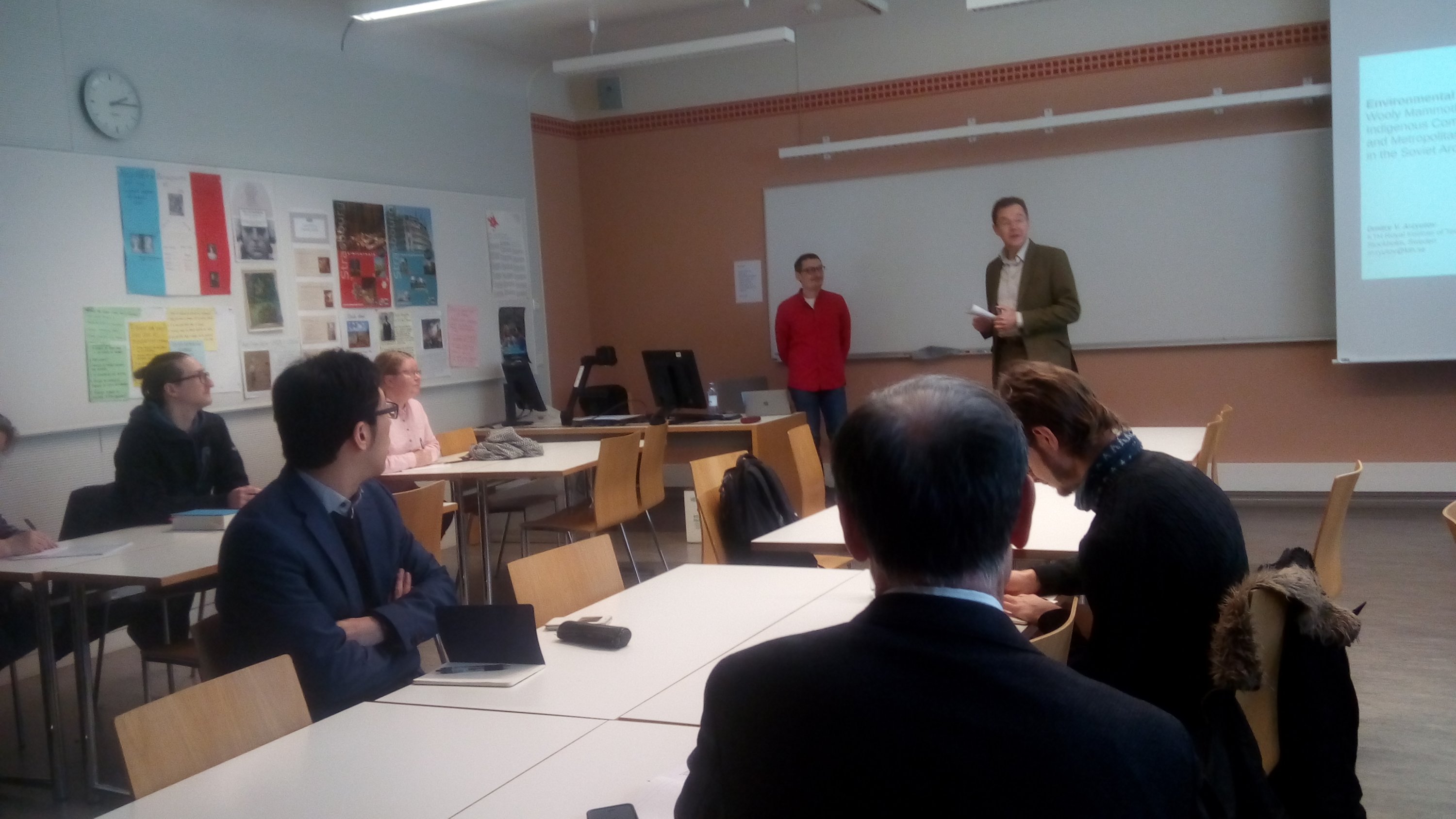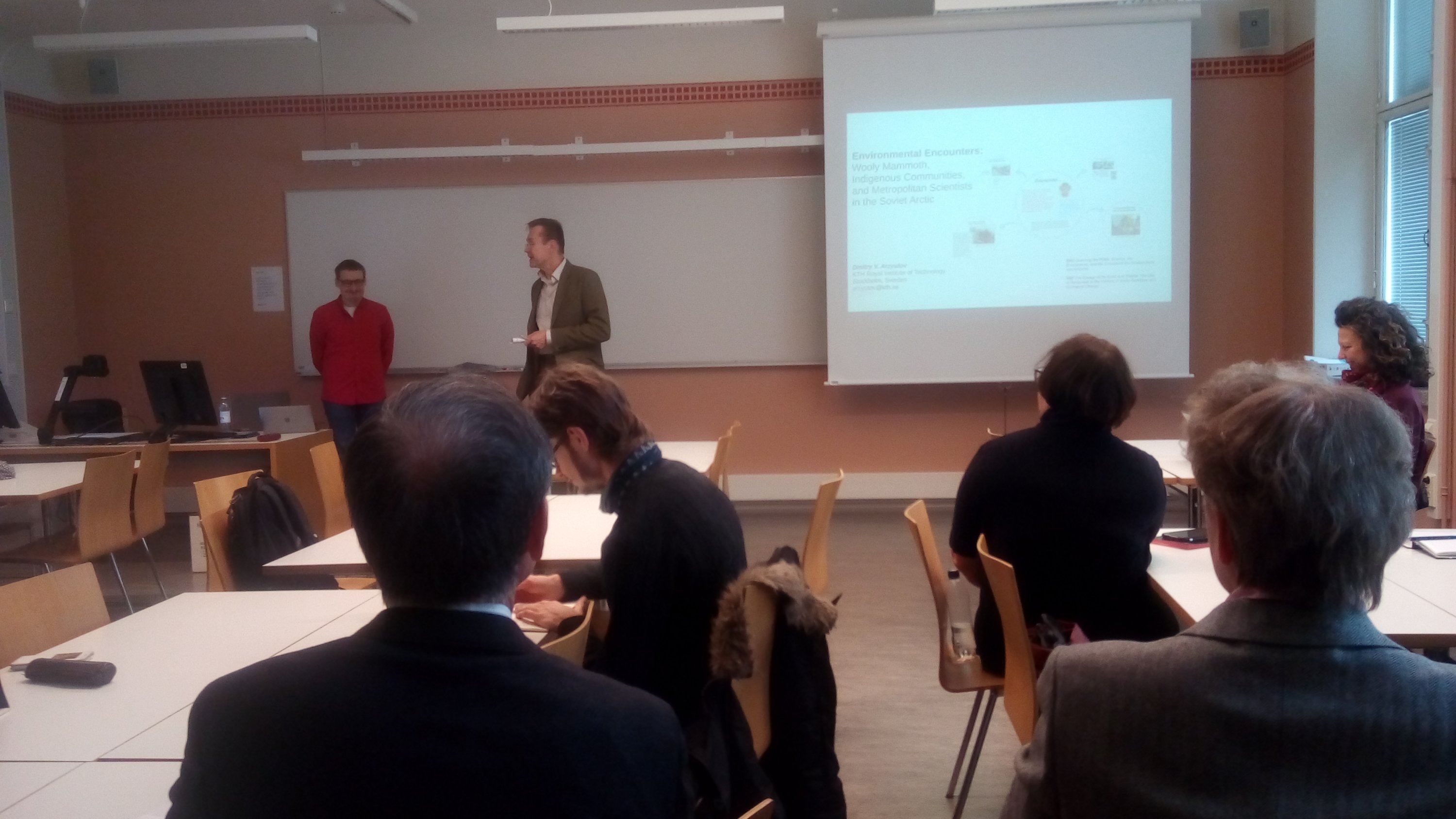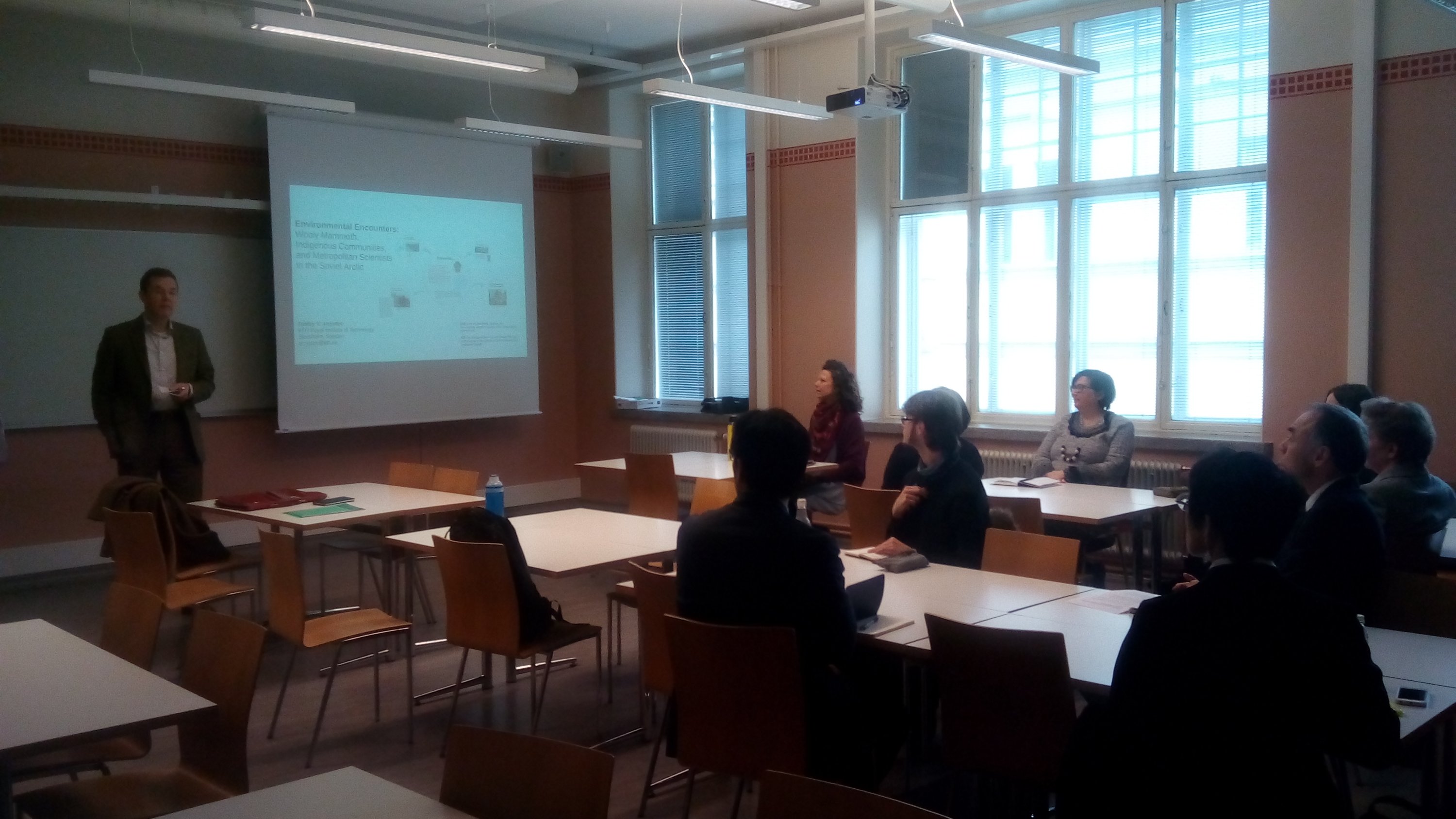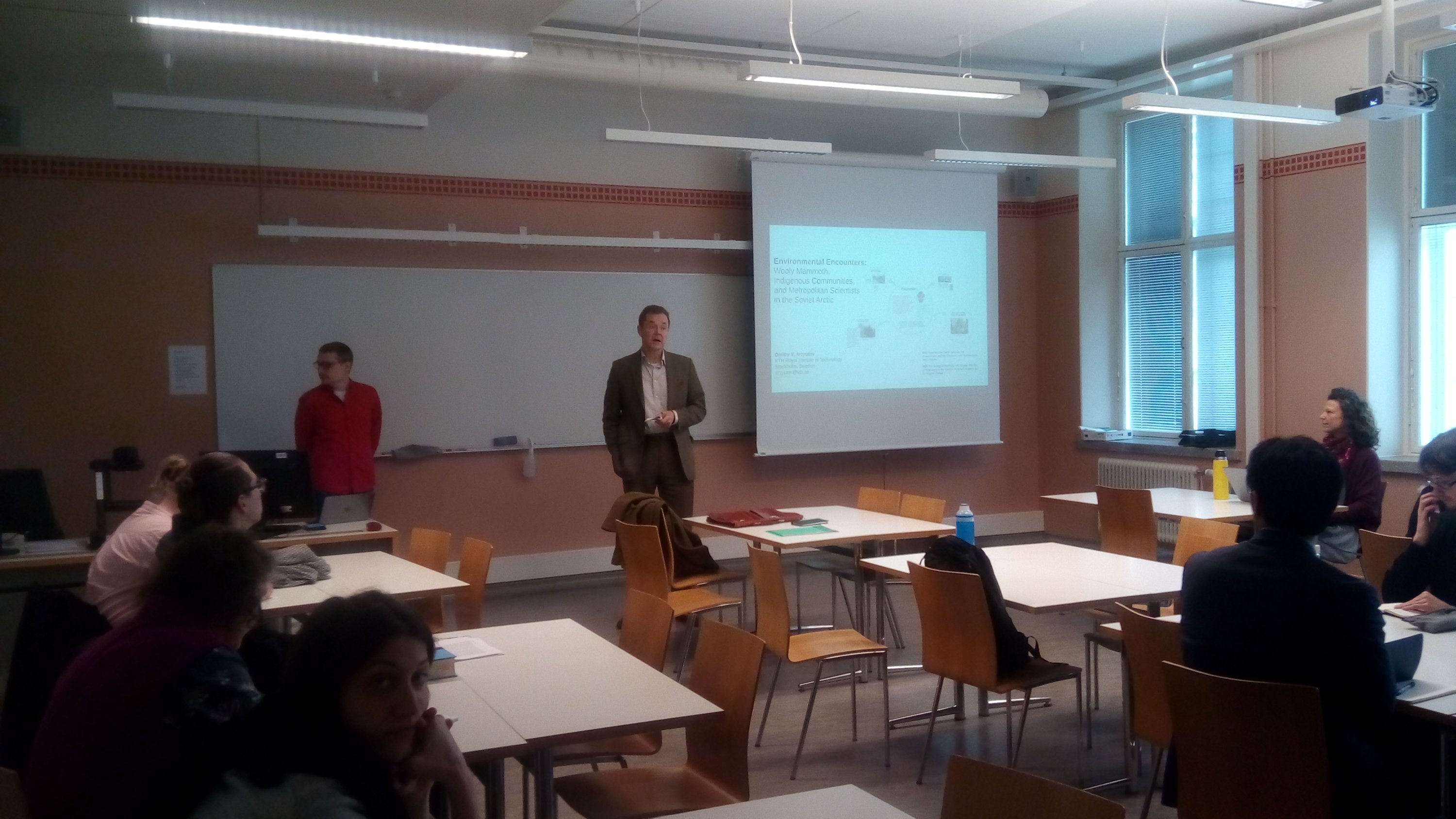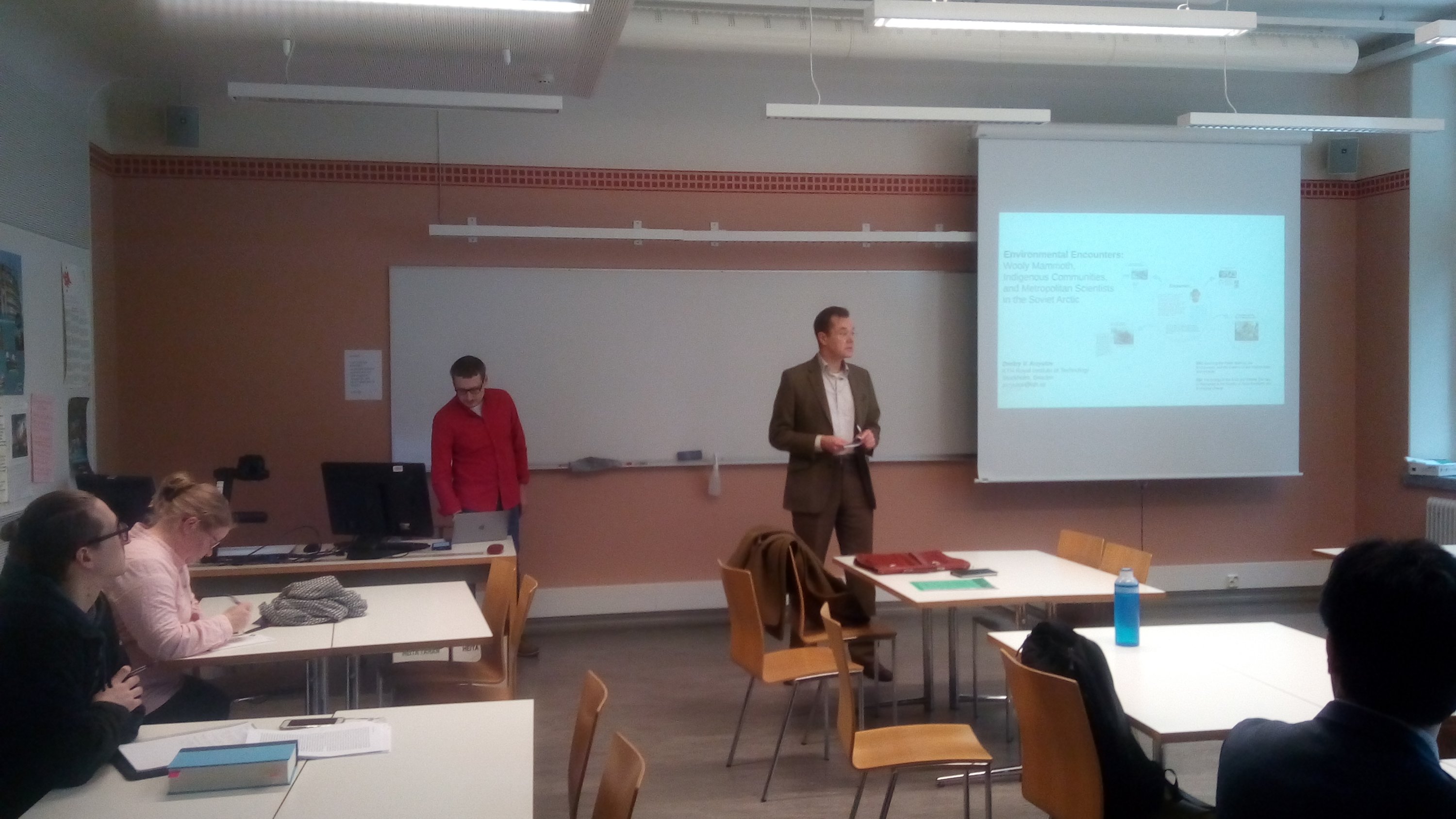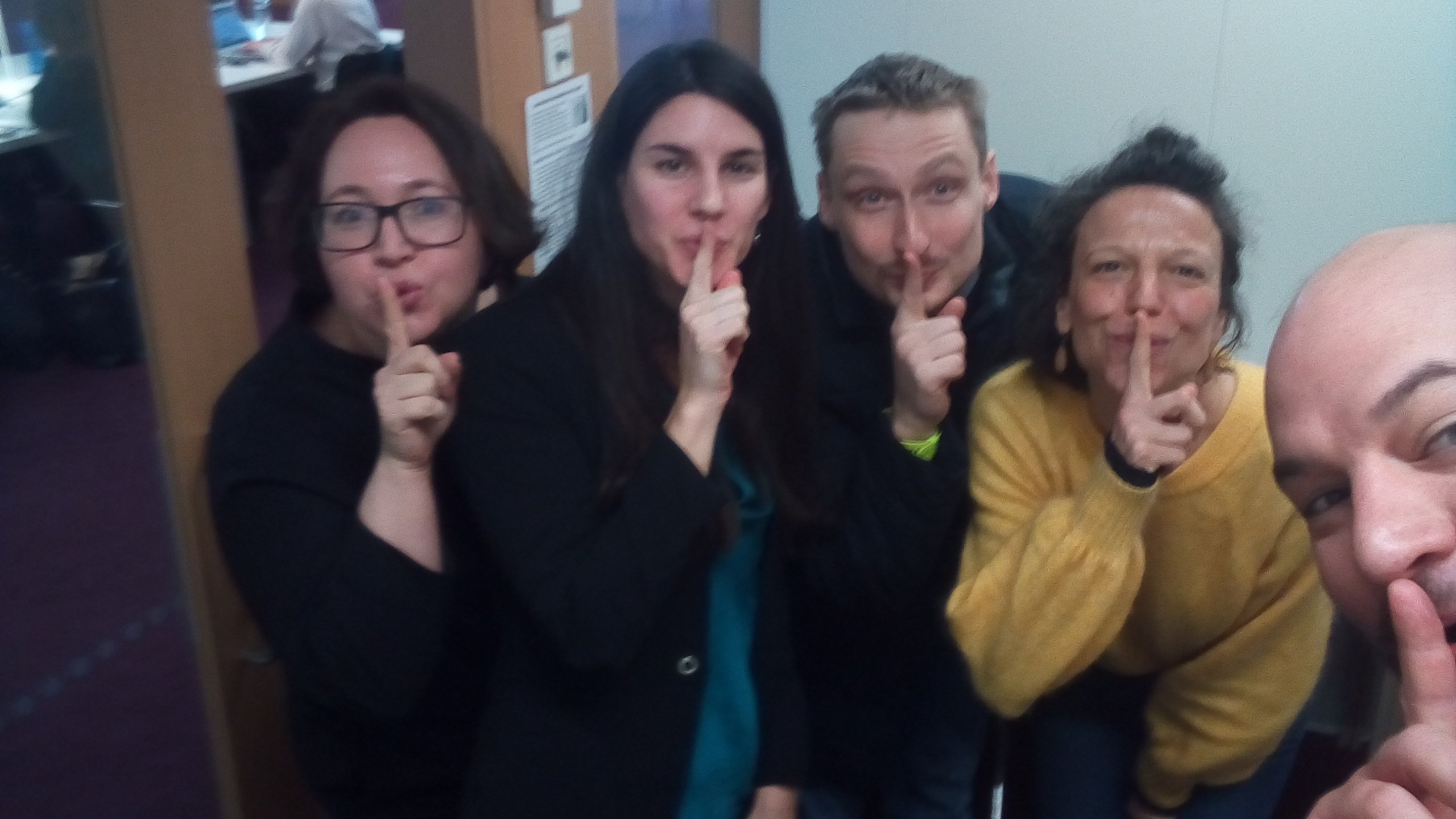Dear Colleagues and Friends,
we kindly invite you to the next Helsinki University Environmental Humanities Forum
March 25 (Monday!!), at 14.15-15.45
Ekatherina Zhukova
University of Copenhagen, Denmark
“The Recuperation of the Chernobyl Children and Social Implications”
Porthania P724 (Yliopistonkatu 3)
Please kindly see Abstract and short Bio of Speaker below.
Looking forward to meeting/seeing you soon!
Twitter @helsinkienvhum
Facebook @helsinkienvhum
Blog: https://blogs.helsinki.fi/environment
With kind wishes, Viktor Pál and Mikko Saikku
Bio
Dr. Zhukiva is a postdoctoral researcher (2018-2020) in a research project “Images of Conflict, Conflicting Images” (2017-2021, Velux Foundation). Her subproject looks at how images from historical events shape visual representation of contemporary conflicts and how, in turn, digital images produced today change our knowledge about the past. She focuses on the current conflict in Ukraine and how images of two historical events – the Soviet famine and the World War II – shape and are shaped by the visuals produced during the current crisis.
She hold PhD in Political Science (specialization Political Sociology) from Aarhus University (2012-2015) where she focused on media representations of responsibility for managing the aftermath of the Chernobyl nuclear disaster in Belarus and Ukraine since 1990s. She was also a postdoctoral researcher in Gender Studies at Lund University (2017-2018) where she investigated the role of gender in humanitarian programmes for disaster survivors.
The link to her academic profile:
https://mcc.ku.dk/staff/?pure=en%2Fpersons%2Fekatherina-zhukova(87009728-9da6-4f42-b9c8-b3a942cedcde).htm

